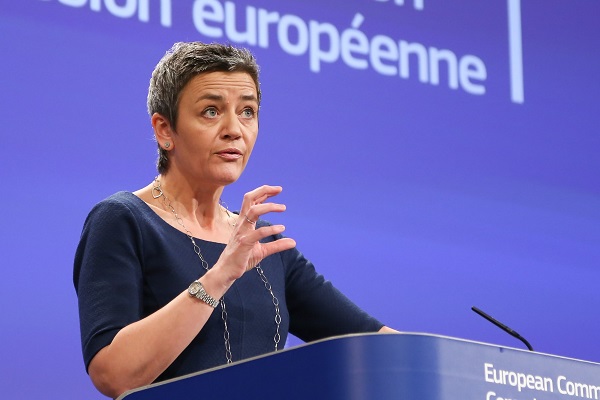
The Luxembourg government today released a statement disagreeing with the recent conclusions reached by the European Commission which has accused the Grand Duchy granted selective tax advantages to Fiat Finance and Trade.
Following in-depth investigations launched by the Commission in June of last year, Luxembourg was accused to have endorsed "artificial and complex methods to establish taxable profits" for the company, relieving it of a tax burden thought to be worth €20-€30 million. The result is said to have been down-ward adjustments creating a tax ruling much lower than the company's actual capital, and an estimated remuneration applied to this capital found lower compared to market rates.
"Tax rulings that artificially reduce a company's tax burden are not in line with EU state aid rules," stated Commissioner Margrethe Vestager, in charge of competition policy. "They are illegal. I hope that, with today's decisions, this message will be heard by Member State governments and companies alike. All companies, big or small, multinational or not, should pay their fair share of tax".
In response, the Luxembourg government issued a statement claiming that "the European Commission has used unprecedented criteria in establishing the alleged State aid" and that the Commission had failed to establish "in any way that Fiat Finance and Trade received selective advantages with reference to Luxembourg's national legal framework".
The Government further stated that it was not in agreement that Fiat Finance and Trade had only paid taxes on underestimated profits in contradiction with EU state aid rules. Luxembourg was further cited to adhere to "international standards, in particular those relating to the arm's length principle applicable with respect to transfer pricing".
The investigation also found the Netherlands to be at fault, stating the country had bestowed illegal tax advantages on Starbucks and manufactured its tax burden by €20-€30 million by 2008.
Photo by European Commission (Commissioner Margrethe Vestager)








